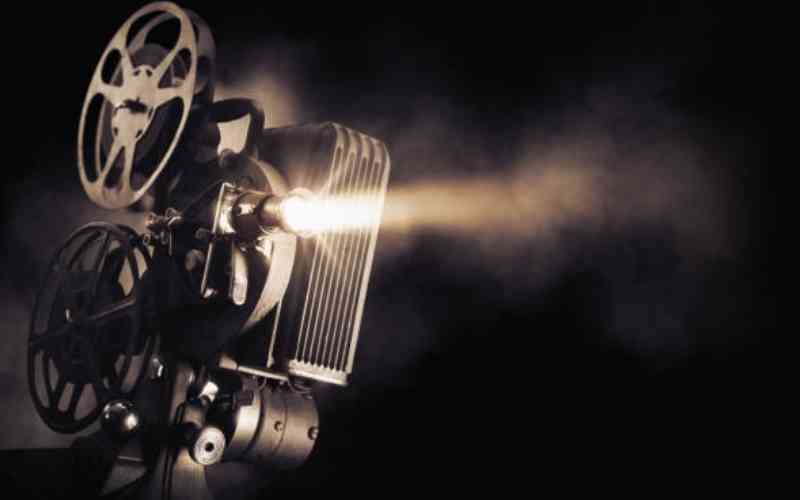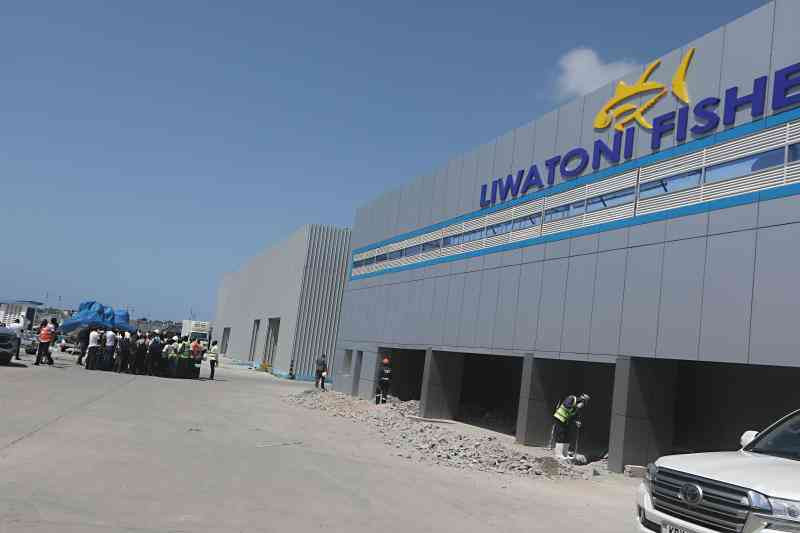
Artificial Intelligence is here to stay and it is making movies!! With machine learning algorithms and natural language learning, Artificial Intelligence (AI) can learn from its experiences and become more intelligent over time. It has become very efficient in most fields today including music, fashion and now the film industry. Artificial Intelligence has indeed exerted influence on both positive and negative levels.
Great Story Ideas: Filmmakers leverage AI's evolving capabilities to create compelling narratives. Movies like "2001: A Space Odyssey," "The Terminator," "Star Wars," and "Her" explore the concept of human-like machines with emotions and independent thinking.







